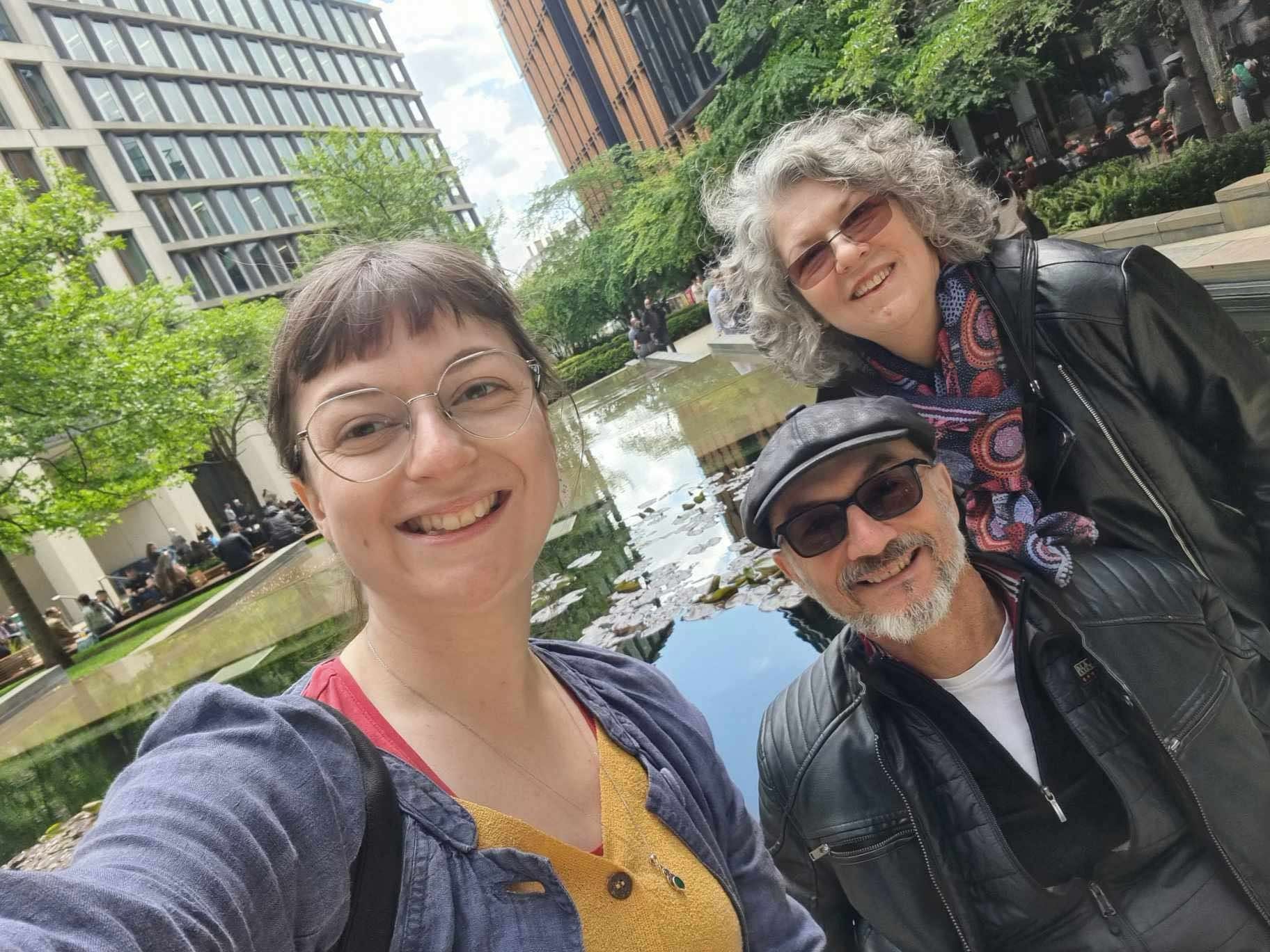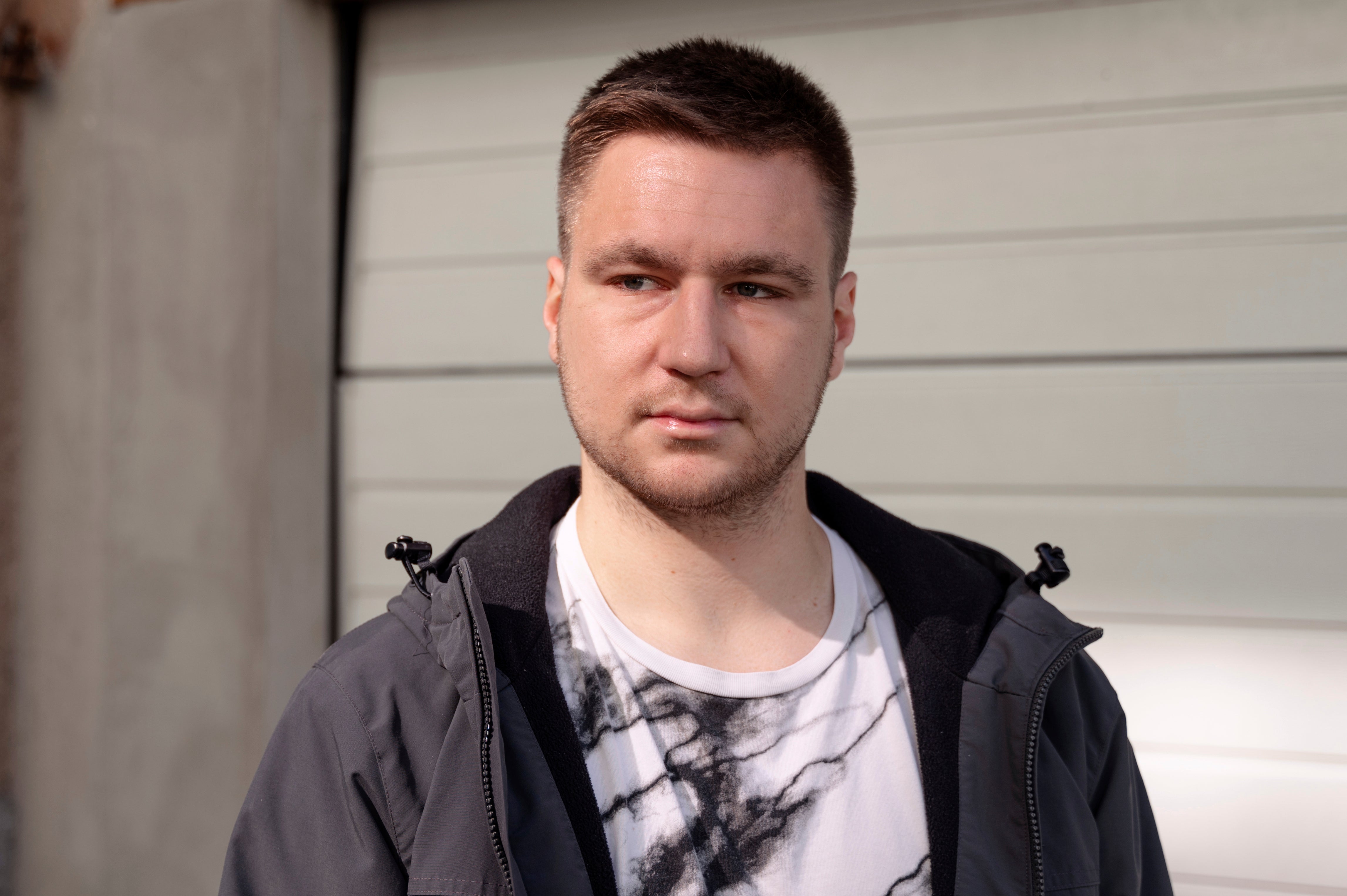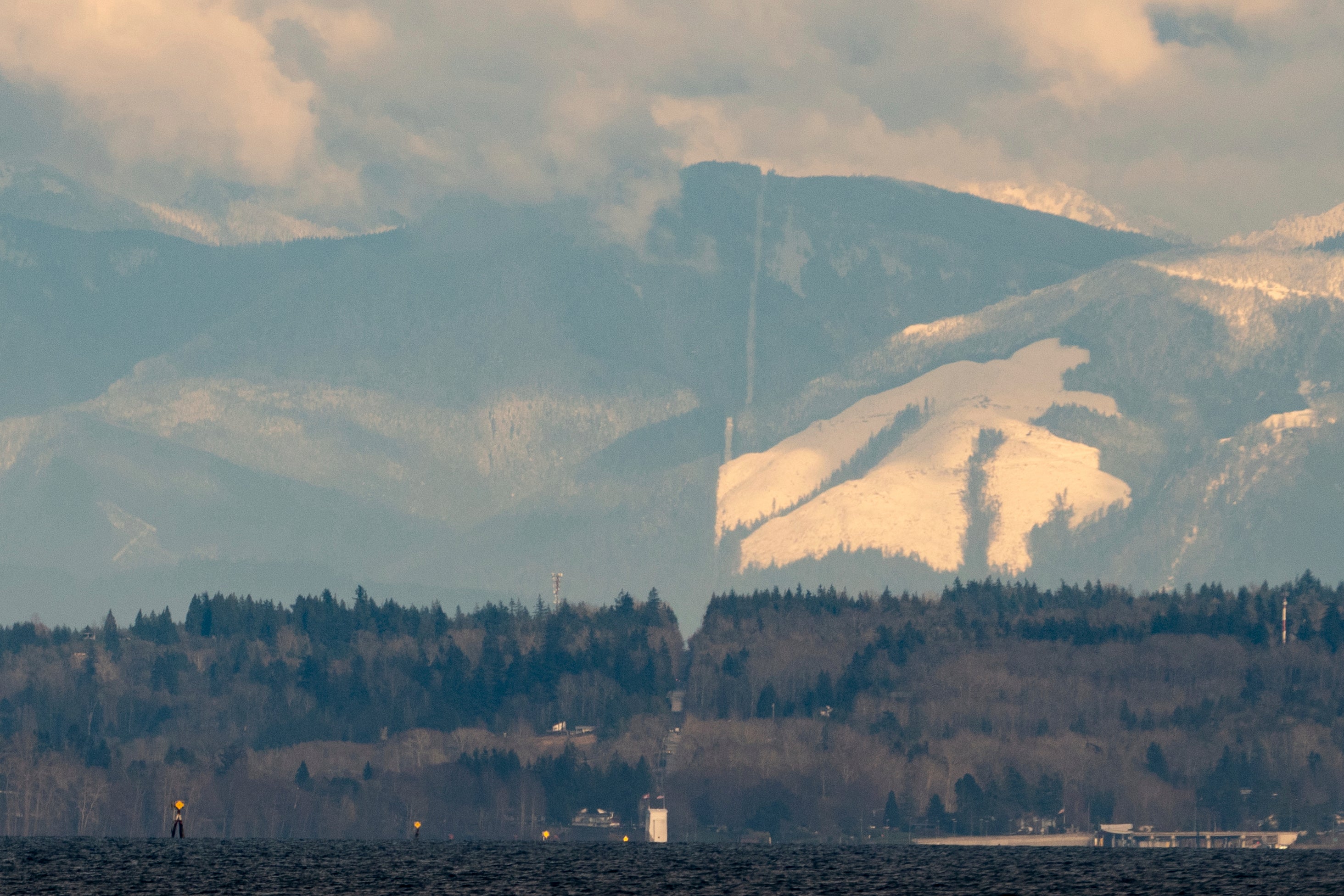Your support helps us to tell the story
From reproductive rights to climate change to Big Tech, The Independent is on the ground when the story is developing. Whether it’s investigating the financials of Elon Musk’s pro-Trump PAC or producing our latest documentary, ‘The A Word’, which shines a light on the American women fighting for reproductive rights, we know how important it is to parse out the facts from the messaging.
At such a critical moment in US history, we need reporters on the ground. Your donation allows us to keep sending journalists to speak to both sides of the story.
The Independent is trusted by Americans across the entire political spectrum. And unlike many other quality news outlets, we choose not to lock Americans out of our reporting and analysis with paywalls. We believe quality journalism should be available to everyone, paid for by those who can afford it.
Your support makes all the difference.
Read more
The Trump administration’s crackdown on immigrants has a whole other group of people scared to come to the U.S: tourists.
Federal statistics show that overseas visitors to the U.S. dropped 2.4 percent in February 2025, the first full month of Trump’s presidency, compared to the same time last year.
And some experts fear a permanent chilling effect that could displace the USA’s decades-long status as a hub for both business travel and vacations.
“It’s already happening,” one Canadian resident visiting California for the Game Developers Conference (GDC), which draws nearly 30,000 industry professionals from across the world, told The Independent.
“[My friend] didn’t come because they were afraid. There’s not a single person I know who didn’t waffle. Random people in my building told me to be careful… nobody who’s paying attention is going to trust the U.S. for another ten years.”
They only felt safe traveling to San Francisco, they added, because they hold dual U.S. citizenship.
Since Trump took office, there have been many stories of temporary visitors with innocuous itineraries being imprisoned for days or weeks. Some had minor visor issues that would normally have seen them simply turned away. Others insisted they had done everything correctly and were victims of misunderstanding.
Jasmine Mooney, a 35-year-old Canadian actor and entrepreneur, was kept in detention for 12 days after simply presenting herself at the U.S. border and requesting a new visa.
Rebecca Burke, a 28-year-old comic artist from Wales on a backpacking trip across North America, was detained for three weeks because she had done chores in exchange for accommodation. Her father said she had been led onto the plane in chains “like Hannibal Lecter”.

open image in gallery
Lucas Sielaff, 25, from Germany, was shackled and detained for 16 days while vacationing in Mexico and the U.S. with his American fiancée, allegedly because he answered a question wrong due to a language barrier.
Another German tourist, 29-year-old Jessica Brösche, was detained for six weeks because she planned to tattoo her American friend in exchange for some clothes, while a British punk band set to perform in Los Angeles were detained and turned away for unclear reasons.
That is why the governments of Canada, the UK, Germany, Denmark, and Finland have all updated their travel advice for citizens visiting the U.S. The latter four urged extra caution to transgender visitors in light of Trump’s plans to deny anyone deemed to have “misrepresented” their birth sex.
“I am here today to say to Canadians to avoid travel to the United States if at all possible, and to call on our government to stand up for our Canadian citizens who are being denied their rights by arbitrary detention,” said Canadian MP Charlie Angus last week.
The industry research firm Tourism Economics predicted a 5.1 per cent drop in overseas travelers to the U.S. for 2025 as a whole, where previously it had forecast an 8.8 per cent gain.
Conference travelers cancel trips
The chance of actually being detained as a visitor still appears low in absolute terms, and the actual number of deportations this year seems to be little different from under Joe Biden.
Moreover, immigrants’ rights advocates have long criticized ICE detentions as secretive and arbitrary. It’s not hard to find similar stories from both Biden’s and Trump’s past terms.
Nevertheless, the number and severity of these incidents appears to be something new, with officers reportedly using more “aggressive” tactics and detaining people who would previously have been sent off with a request to fix their paperwork.
Legal permanent residents have also been targeted, often seemingly because of their political opinions or their attendance at protests. Some cases have involved a worrying lack of due process, with multiple people deported despite court orders blocking their removal.
All of which has many global travelers spooked — especially business travelers, creatives, and academics attending industry conferences.

open image in gallery
“I have heard concerns about visiting the U.S., both formally and informally, from scholars whose papers have been accepted to the conference,” media professor Aram Sinnreich, who is helping organize this year’s International Communication Association gathering in Denver, Colorado, told The Independent.
“At this point I am not certain how many presenters will choose not to attend — or, worse, find themselves unable to attend because of restriction or detention by the U.S. government.
“I don’t believe I can in good conscience recommend that international scholars visit the U.S., because of the Trump administration’s widespread surveillance and targeting of people it considers critics, and its hateful and unconstitutional disregard for due process, judicial power, and the rule of law,” Sinnreich said.
Numerous non-American game developers similarly backed out of visiting GDC this year due to safety fears, while others who did attend felt scared and took extra precautions. Such was the worry that Dutch-Egyptian game creator Rami Ismail created a spreadsheet to track attendees and mark them safe — only for five out of 44 people to cancel their trips.
“You can no longer expect to travel to the US and return safely,” said Canadian developer Raphael van Lierop on LinkedIn. “This is especially true if you have been supportive of any causes or expressed any values that run contrary to the tastes of the current administration.” Not all commenters agreed, with some accusing him of scaremongering and exaggerating the actual danger.
The comics world was also shaken by Rebecca Burke’s case. “I would advise against anyone doing a U.S. convention until things change… even if you got a visa,” one high-profile British author told Comicon.com. Another said they would “think twice” about visiting the USA.

open image in gallery
Consequently, many lawyers are now advising their non-citizen clients within the U.S. against international travel. “[It’s] an extremely difficult conundrum to figure out what sort of travel should I allow,” Boston attorney Kathleen Campbell Walker told The Wall Street Journal.
A spokesperson for the Department of Homeland Security said: “The Trump administration is enforcing immigration laws — something the previous administration failed to do. Those who violate these laws will be processed, detained and removed as required.”
The U.S. is meant to be jointly hosting the soccer World Cup in 2026 alongside Canada and Mexico. Both of those are now in a trade war with Trump, and continued trouble at the border may deter some visitors.
If foreigners are permanently scared off traveling, studying, or working here, it would have major implications for the U.S. economy — not least its tourism industry. It would also transform American culture, which has long been shaped by people who planned to visit temporarily and ended up putting down roots.

open image in gallery
“You may not recognize it at first, but life in this country will never be the same if people stop coming from abroad because they are not guaranteed protection under the law,” said Ryan D Enos, director of Harvard University’s Center for American Political Studies.
If you have a story you’d like to share about how you or someone you know was treated at the U.S. border, please email io.dodds@the-independent.com


